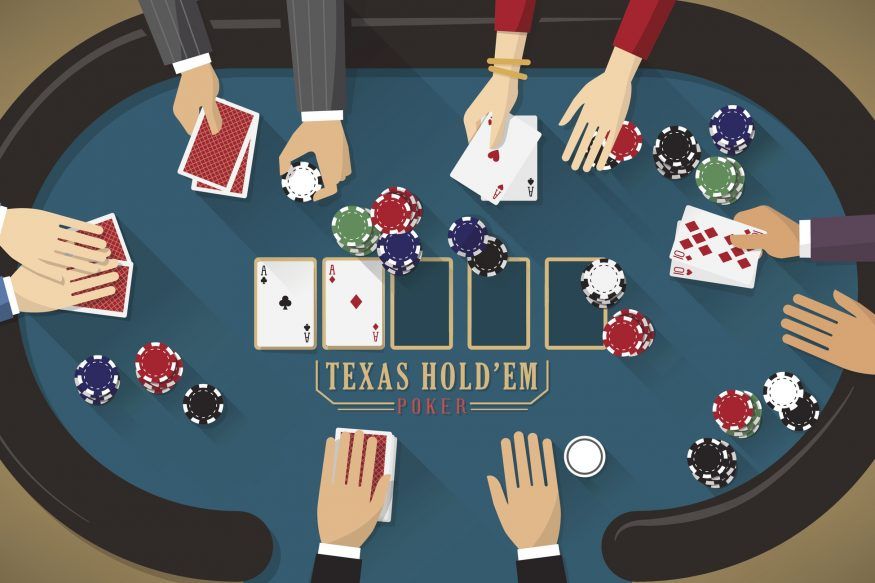Understanding Slow Rolling in Poker: Why It’s Poor Form and Detrimental to the Game

The Basics of Poker Etiquette and the Problem with Slow Rolling
Poker is a game that thrives on strategy, psychology, and the subtle art of outwitting your opponents. However, alongside these competitive elements, there exists a set of unwritten rules-commonly referred to as poker etiquette-that every player is expected to respect. One of the most prominent breaches of this code is the act of slow rolling, a move widely considered disrespectful and damaging to the integrity of the game.
Defining Slow Rolling: What It Is and Why Players Dislike It
Slow rolling occurs when a player, holding an extremely strong hand, needlessly hesitates before making an obvious call or revealing their cards at the showdown-often when they clearly have the best hand. This delay isn’t about strategizing, but rather about creating suspense and giving the opponent false hope, only to disappoint them when the winning hand is exposed.
For instance, if you’re holding the King and Jack of hearts (KhJh) on a board showing three hearts by the river, and your opponent calls your bet, you likely know you have the strongest hand-even if it’s not the unbeatable "nuts." Choosing to pause, waiting for your opponent to reveal their cards first, or stalling before turning yours over is a classic example of a slow roll.
While accidental slow rolls can happen in rare cases of confusion, most seasoned players instantly recognize when it’s done intentionally. The reaction from others at the table, as seen in numerous televised poker events, makes it clear that this behavior is not appreciated.
The Impact of Slow Rolling: Why It’s Bad for the Game
Engaging in a slow roll offers no strategic advantage. Instead, its only effect is to antagonize or humiliate opponents. It’s universally regarded as poor sportsmanship; gloating in victory by tricking others into thinking they might have won is considered rude and disrespectful.
Additionally, repeatedly stalling the game to slow roll prolongs hands unnecessarily. This drags out gameplay for everyone at the table, creating frustration and hindering the overall pace, especially in live settings where games can already move at a deliberate speed. In short, it brings no benefit and only negative consequences for both the individual and the group.
Does Slow Rolling Violate Poker’s Official Rules?
Technically, slow rolling is not outlined as an infraction in most official poker rulebooks. There’s usually no precise limit on how long you have to reveal your cards at showdown when it’s your turn. Consequently, formal penalties for slow rolling are rare.
However, game organizers and poker room managers retain the authority to ensure a fair playing environment. If a player continuously disrupts games or causes unnecessary tension with repeated slow rolls-even if not explicitly illegal-they could still face warnings or even be temporarily suspended from the table. Persistently negative behavior may result in ejection at the management’s discretion.
Tips to Prevent Unintentional Slow Rolling
While intentional slow rolling is frowned upon, accidental slow rolls can happen, especially among newer players uncertain about the showdown process. To avoid any misunderstandings or appearing disrespectful, follow these simple guidelines:
- Reveal your cards promptly when it’s your turn at showdown.
- If you have the strongest possible hand (the "nuts"), be proactive and show your cards without delay, unless a specific reason prevents it.
- Acknowledge when your opponent concedes the pot with words like “you’ve got it” by revealing your hand immediately.
Good poker etiquette isn’t just about following rules; it’s about being courteous and considerate to your fellow players. Developing these people skills will foster a better playing environment and earn you more respect at the tables.
Conclusion: Why You Should Avoid Slow Rolling
Ultimately, slow rolling is an unnecessary tactic that only serves to make you unpopular among other players and disrupt the flow of the game. Being labeled as the player who annoys or offends others won’t help your reputation-nor your win rate-over the long run. Instead, focus on maintaining integrity, respect, and friendliness at the table for a more positive poker experience for everyone.













